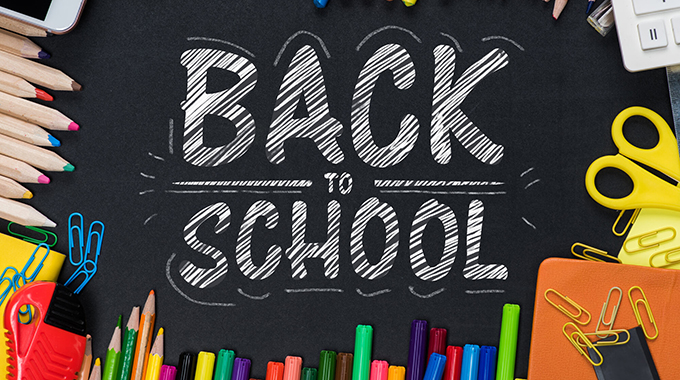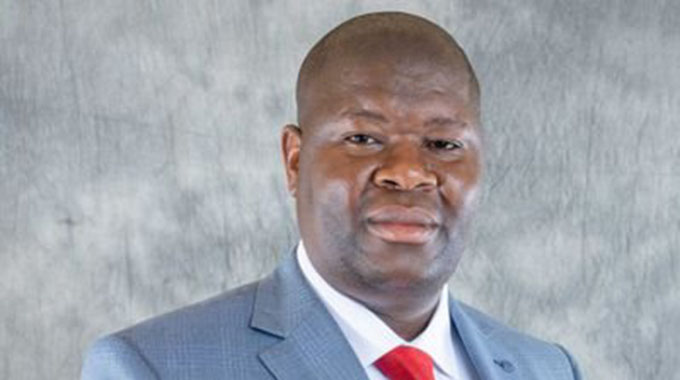EDITORIAL COMMENT : Good start to school year

As expected, schools reopened their examination classes yesterday with the minimum of fuss and bother and with all the health precautions in place, being used and enforced.
This was expected because everyone has been planning the reopening for weeks.
Children and almost all teachers want to get education rolling again, since there is so much catching up to do, so there were strong incentives to do it properly. And the measures that each school had to take were worked out with the health authorities to ensure minimum risk.
As pupils said, there was nothing they were not expecting. They all know about Covid-19; they have all been wearing masks when they go out of their homes for months; they have all been careful about social distancing; they are all used to having their temperature scanned as they accompany parents to supermarkets and shops; they all know what they are supposed to do on buses.
The one-week trial, as it were, using the examination classes, will ensure that the systems are fully established when the junior classes return on Monday next week.
Examination classes in both primary and secondary schools provide the pupil leadership, so returning juniors are going to find a well-oiled machine when they turn up.
Primary schools, with very young children in the early grades, along with that cohort of children going to school for the first time, will definitely need that sort of atmosphere along with strong co-operation from parents.
But almost all small children are now used to wearing masks and in any case are happy to accept adult instruction, and co-operate with older children.
At secondary schools, where the first signs of teenage individuality can be an extra factor, have long ago set up systems to enforce basic school rules including rules on dress and deportment, so the precautions are just a small addition.
In any case, even the most rebellious adolescent knows where the limits are and health safety is one of those limits, so there should be full co-operation.
We know the systems do work. There was a couple of months in the third term last year when schools were able to open, and we managed to run senior school public examinations in the midst of the second wave in January without ill effect.
That experience will have refined systems and made schooling in the new environment easier. All accept the new normal.
There were a couple of boarding schools that saw modest outbreaks late last year, but everyone knew what to do, with full testing, separation of pupils, quarantine and the like. So no one suffered and this year presumably the risks will be even lower as we learn from experience.
In many ways the schools are an example to the rest of us. Good organisation, simple rules, everyone on their best behaviour because they know this is their future, and we do not see the complacency that sometimes bedevils adult worlds. In fact the children are probably safer at school than in the community.
As always there are financial aspects. Regrettably, between the beginning of last year when that last large batch of school uniforms were bought, and the beginning of this year there was that dreadful burst of inflation in the first six months of last year before exchange rates and prices stabilised.
So there has been a rise in prices since the start of last year for uniforms and stationery.
This is controllable if competition is allowed and encouraged, since there are so many shops that sell these items, although the probes by the Ministry of Industry and Commerce into potential price rings and profiteering could perhaps include school supplies as an early priority.
But parents have brought up one problem, the effort by some schools or groups of staff at some schools, to raise money by creating monopolies and forcing parents to buy uniforms, and even masks, from the school or from designated suppliers.
The Ministry of Primary and Secondary Education needs to be ready to clamp down on that.
There is a difference between a school being helpful and making good deals that reduce prices for bulk items, even selling stationery or clothing at wholesale prices to make them affordable, and schools trying to profiteer.
But this largely is just an extra box for the school inspectors to tick on their visits and to order instant remedial action when they see a problem.
The Education Ministry has also made it crystal clear that the law on school fees and levies will be enforced. Rises do need the agreement of informed parents in formal meetings, and generally most parents know what prices are doing so will agree to essential spending and levying, but probably want the luxury stuff, and even some desirable although not vital spending, deferred to a later date when the full economy is functioning.
The BEAM programme has been expanded, which will help a larger number of families, and in any cases there is firm Ministry policy over who and who cannot be excluded from class in public sector schools. That policy again needs enforcement. We do not need any more disruption of our children’s education.
Happily, the upgrading of the education system is moving into a higher gear this year, with a serious start being made to equip 1 500 schools for e-learning, and that first year of the programme being spread across the country.
At the same time syllabuses have been upgraded, and as a temporary measure efforts have been made to modify syllabuses this year to cram in the extra essentials to help everyone catch up on what was missed last year.
The new school calendar ensures that three normal-length terms have been crammed into this year.
The rest of us can help. Parents and families obviously by giving full support to children, but the rest of us can give them space on the streets and in bus queues, set a good example with our masks, and generally be helpful.










Comments